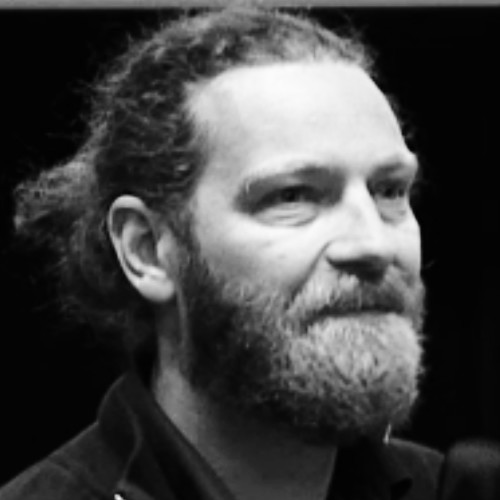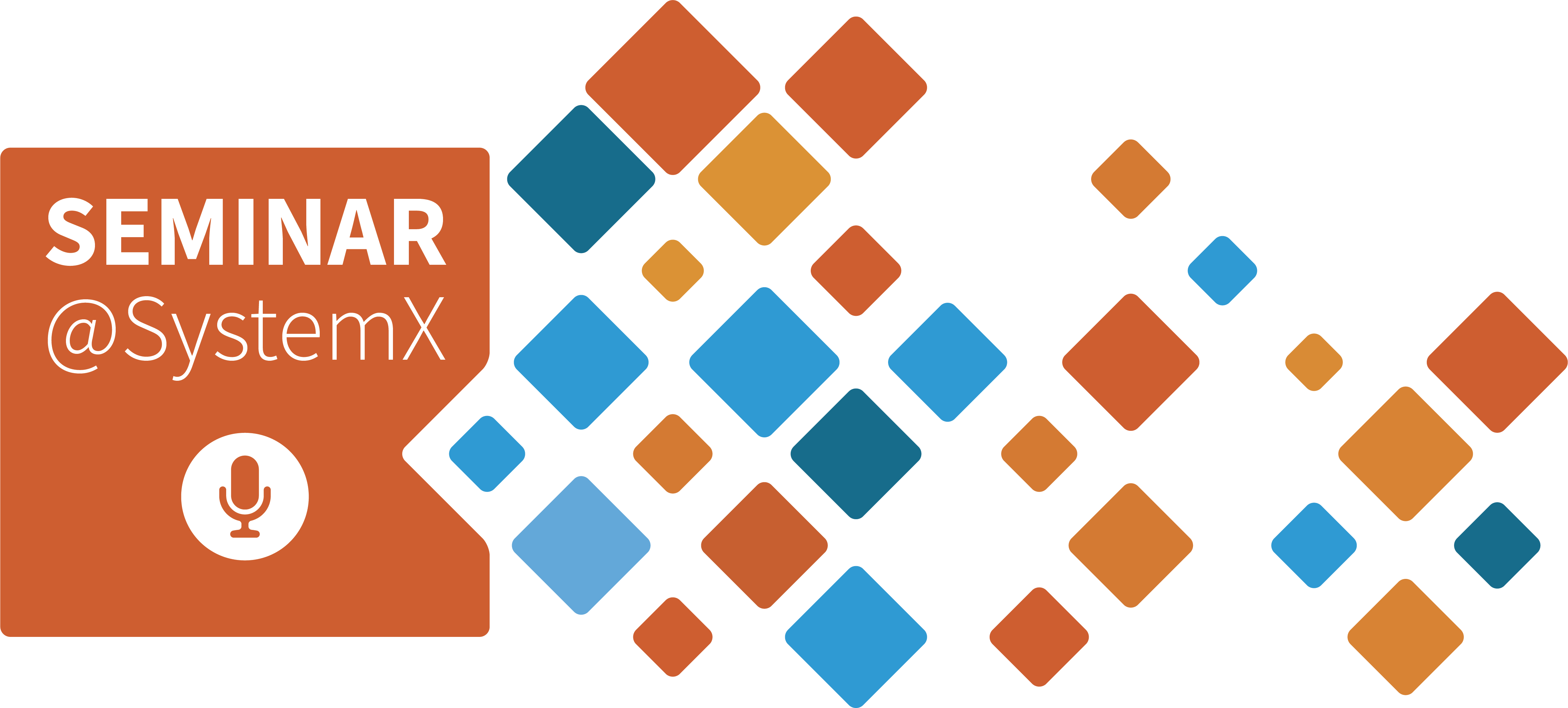Gauthier Picard (ONERA) ran a Seminar@SystemX on the following topic: Multi-agent coordination using distributed constraint optimization and auction-based techniques, on February 28, 2024.
Resume:
This presentation delves into techniques that facilitate coordination and cooperation among agents within multi-agent systems. These decision-making agents interact to achieve collective objectives. For example, a group of agents might coordinate their paths to prevent collisions or their access to scarce resources to avoid conflicts. The focus is primarily on two approches: distributed constraint optimization (DCOPs) and auction-based decision-making.
In DCOPs, the collective decision problem is cast as a constraint optimization problem that is decentralized among the agents. A solution to such problems involves a protocol implemented by agents to coordinate their decisions. These protocols operate as distributed counterparts of conventional search or inference algorithms commonly employed in constraint processing.
In auction-based coordination, agents employ established auction mechanisms where collective decisions entail allocating tasks or resources to agents based on bids they place on sets of alternatives. Various auction schemes exist, each with distinct performance and operational characteristics, ranging from centralized combinatorial auctions to fully decentralized consensus-based auctions.
This presentation illustrates the applicability of these techniques through examples such as on-demand transportation, unmanned traffic management, and collective robotics.
Biography:
 Gauthier Picard received a Ph.D. in Computer Science from the University of Toulouse in 2004, and the Habilitation degree in Computer Science from the University of Saint-Etienne in 2014. He obtained full professorship in Computer Science at MINES Saint-Etienne and was researcher at Laboratoire Hubert Curien UMR CNRS 5516, until 2020. Now, he is Senior Research Scientist (Directeur de Recherche) at ONERA, The French Aerospace Lab. His research focuses on artificial intelligence, coordination, cooperation, resource allocation, task allocation and adaptation in multi-agent systems and distributed optimization with applications to collective robotics, satellite constellation operations, and intelligent transport systems.
Gauthier Picard received a Ph.D. in Computer Science from the University of Toulouse in 2004, and the Habilitation degree in Computer Science from the University of Saint-Etienne in 2014. He obtained full professorship in Computer Science at MINES Saint-Etienne and was researcher at Laboratoire Hubert Curien UMR CNRS 5516, until 2020. Now, he is Senior Research Scientist (Directeur de Recherche) at ONERA, The French Aerospace Lab. His research focuses on artificial intelligence, coordination, cooperation, resource allocation, task allocation and adaptation in multi-agent systems and distributed optimization with applications to collective robotics, satellite constellation operations, and intelligent transport systems.



